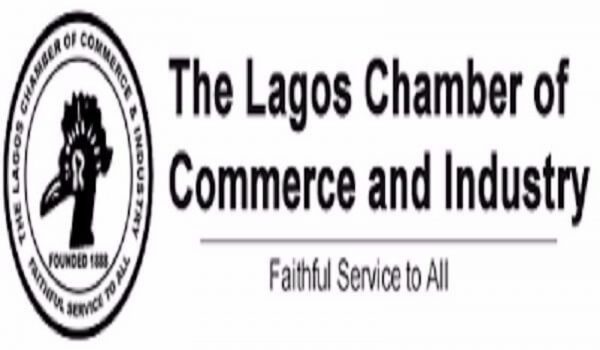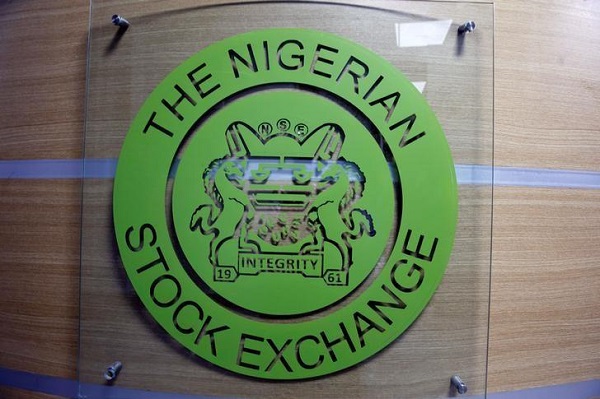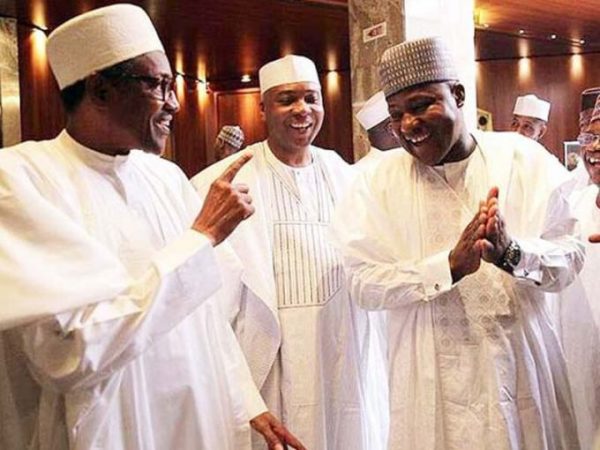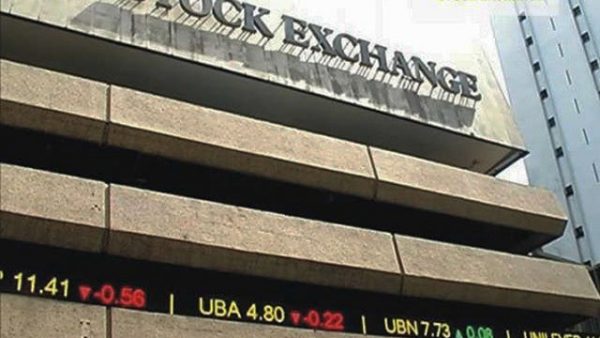Reforms Required to Sustain Macroeconomic Stability in 2019, Says LCCI
 Given the challenging economic conditions the country is facing, the Lagos Chamber of Commerce and Industry (LCCI) has stressed that key policy reforms will be imperative to support and sustain macroeconomic stability.
Given the challenging economic conditions the country is facing, the Lagos Chamber of Commerce and Industry (LCCI) has stressed that key policy reforms will be imperative to support and sustain macroeconomic stability.
In a statement made available to media, the included among others, a foreign exchange management framework that reflects the market fundamentals, the acceleration of the economic diversification agenda, normalisation of Lagos ports environment, the oil and gas sector reform, especially the petroleum industry bill; reduction in the cost of governance at all levels; improvements in the domestic revenue (particularly independent revenue) to reduce volatilities of government revenues, among others.
It noted that the Nigerian economy remained fragile with the high dependence on oil sector for revenue and foreign exchange earnings.
“Although oil revenues increased with recovering oil prices in 2018, the impact on the economy was subdued by the huge foreign exchange commitments to petroleum product importations and the inherent subsidy. The high debt service obligations were also major constraints to the growth of the economy.
“With the limited progress in the ongoing effort to diversify government revenue sources, the performance of the oil and gas sector would remain a critical factor that would shape the outlook for the economy in 2019.
“According to estimates by Capital Economics analysts, every $10-per-barrel fall in oil prices will cause a 3-5% decline of GDP in most of the Gulf economies, and a slowdown of 1.5-2% of GDP in Russia and Nigeria on an annualised basis.
“The outlook will therefore depend to a large extent on developments in the oil and gas sector and the political will to undertake far reaching reforms, beginning with the oil and gas sector,” it added.







